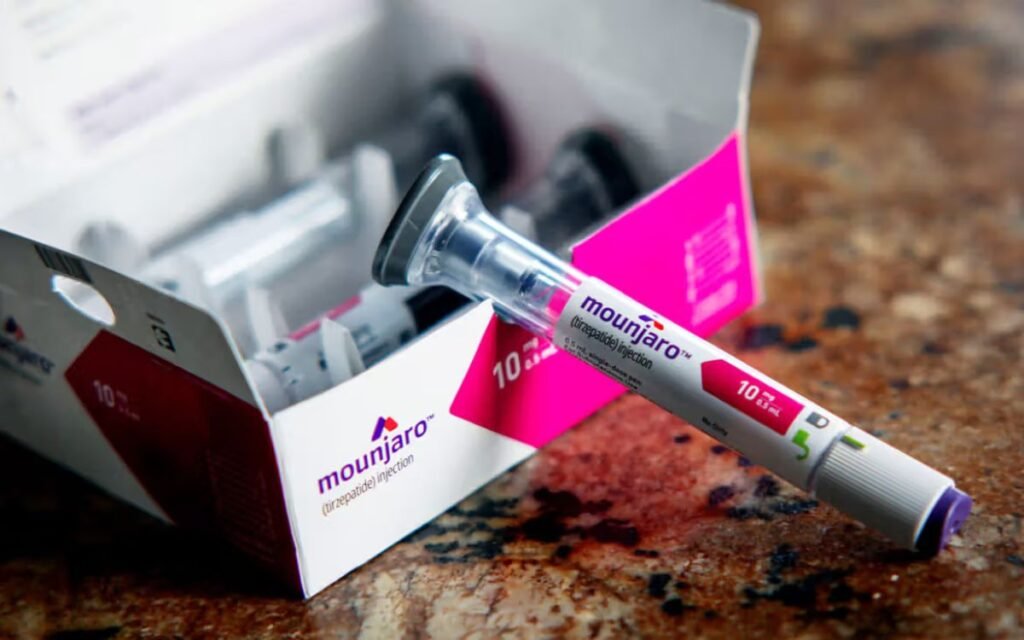Eli Lilly, the pharmaceutical giant, is intensifying its legal efforts to combat unauthorized versions of its popular diabetes drug, Mounjaro. In September, the company filed lawsuits against eight US entities for producing or selling compounded versions of the drug. Now, just a month later, Lilly is expanding its campaign by targeting 11 online pharmacies, several of which are based overseas, that it alleges are involved in importing, selling, or distributing unauthorized versions of the treatment.
The core of Lilly’s complaint, lodged with the US International Trade Commission, revolves around the contention that these online entities are falsely claiming that their products contain tirzepatide, the active ingredient in Mounjaro. Lilly argues that these products are, in reality, of “low-grade” quality, and that they evade regulatory scrutiny, including the FDA’s oversight, which is essential for ensuring the safety, quality, and efficacy of such medications. In fact, Lilly’s testing revealed that one of the companies claiming to sell tirzepatide was, in fact, selling nothing more than a sugar alcohol substitute.
Lilly is not stopping at exposing the inferior quality of these unauthorized drugs. The company is accusing all 11 entities of engaging in false and misleading advertising practices. Furthermore, it is calling out seven of them for trademark infringement and an additional seven for engaging in a “false designation of source” by wrongly implying an association with Lilly that simply does not exist.
Also Read: FDA Warns Companies Selling Unauthorized Obesity Drugs Similar To Wegovy And Mounjaro
In a related development, the FDA recently issued warnings to two US online pharmacies, Gorilla Healing and Semaspace, instructing them to cease selling unauthorized versions of Mounjaro and rival drugs from Novo Nordisk, Ozempic, and Wegovy. These products were allegedly being sold without prescriptions, which is a concerning breach of regulatory norms.
The demand for GLP-1 diabetes and weight loss drugs has seen an unprecedented surge, leading to remarkable revenue growth for pharmaceutical companies. In the second quarter, both Novo (32%) and Lilly (28%) reported substantial year-over-year revenue increases. Novo’s GLP-1 trio, consisting of Ozempic, Wegovy, and Saxenda, achieved sales of $4.8 billion during this period. In parallel, Mounjaro reached sales of $980 million in the same quarter. These legal actions and regulatory interventions underscore the pharmaceutical industry’s commitment to maintaining the quality and integrity of vital medications in the face of increasing market demand.





























